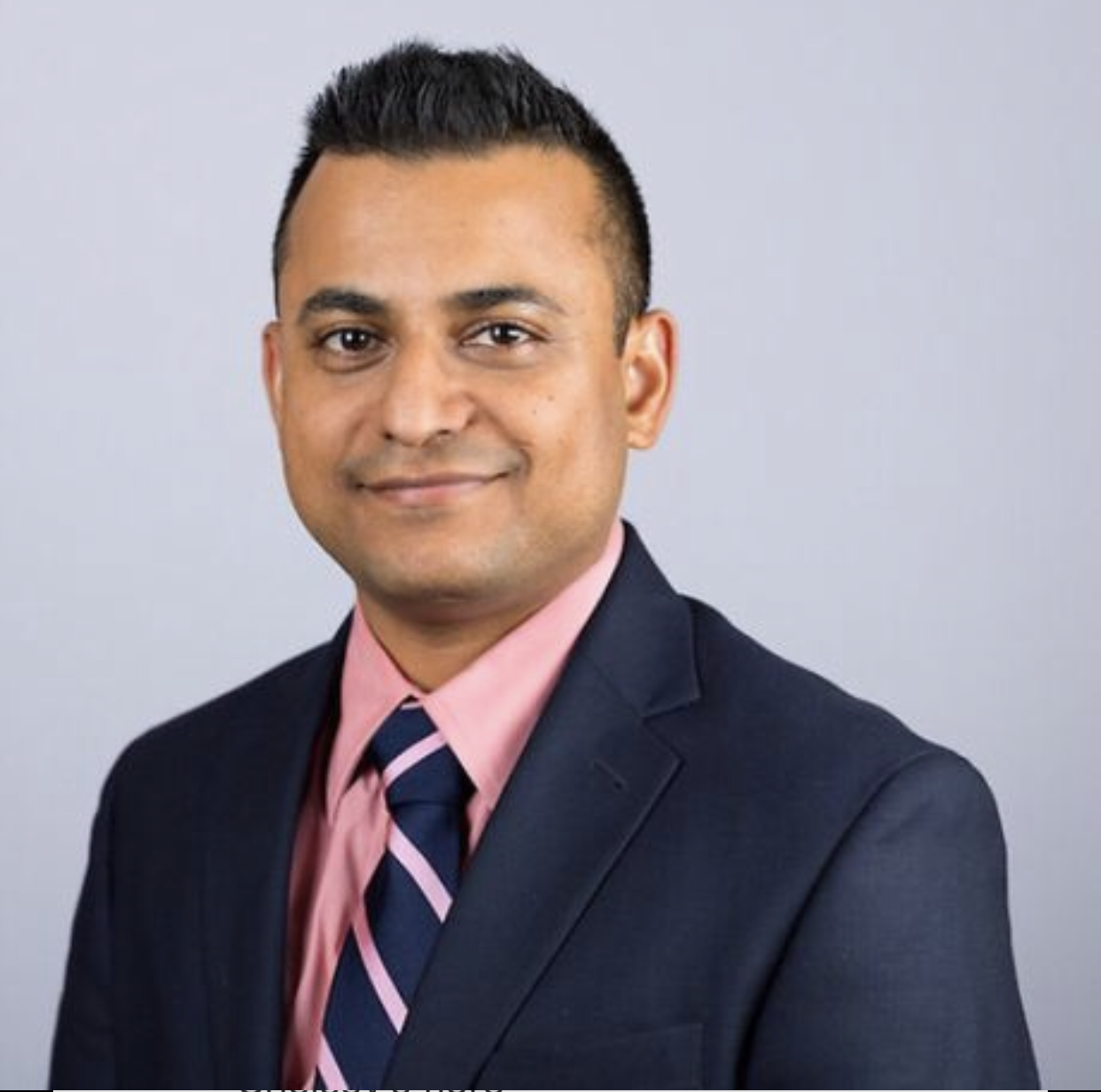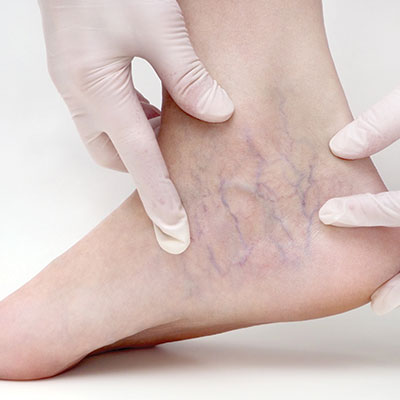Experiencing leg pain or cramps? It could be Peripheral Artery Disease (PAD). Learn More
An arteriovenous fistula, or AVF, is an abnormal connection of vessels between an artery and a vein. Generally, people suffering from renal failure and undergoing long-term hemodialysis require a surgical creation of an AV fistula for smooth dialysis. However, these fistulas can also arise when an aneurysmal artery ruptures into an adjacent vein. This is called an aneurysmal fistula, where intimal, medial, and adventitial layers of the vessel wall expand to a diameter of 18mm, causing pain and disturbance in blood flow. No medication or lifestyle changes can cure a fistula. Surgery is usually necessary.
The main objective of AV fistula treatment is to isolate and close the abnormal connection, thereby attempting to maintain normal blood flow. At North Atlanta Vascular Clinic and Vein Center, we have five experienced and board-certified vascular surgeons with years of experience in treating a variety of vascular and venous diseases in Suwanee/Johns Creek, Alpharetta, Lawrenceville & Cumming, GA.

With 15 years of expertise, Dr. Vivek is a board-certified endovascular surgeon, experienced in treating vascular disorders.

Dr. Joshi is a Fellowship-trained vascular and endovascular surgeon with expertise in limb salvage, venous disease, and many more.

Dr. Patel is a Fellowship-trained vascular surgeon with expertise in dialysis access work, abdominal aneurysms, and peripheral artery disease.

Graduate of Nova Southeastern University, Dr. Ren is well-trained in the diagnosis and management of vascular disorders.
Depending upon their etiology, AV fistulas are broadly divided into two groups:

Congenital fistulas are generally rare. They occur as a result of genetic factors or malformations. These include pulmonary, coronary, hepatic, carotid-cavernous, and dural fistulas.

Acquired AV Fistula is further sub-divided into:

Swelling in the arms or legs

Decreased blood pressure

Fatigue

Bulging, purplish veins seen through the skin, similar to varicose veins

Heart failure

Fingertips to spread out and become rounder than normal (clubbing)

Coughing up blood

Gastrointestinal (GI) bleeding

Pale gray or blue lips or fingernails due to lack of blood flow (cyanosis)
A fistula of any type can be scary and painful and can affect the daily life of a person. It is always advisable to contact a board-certified vein specialist to understand the underlying health condition and to seek appropriate treatment. If you have an Aneurysmal Fistula and are seeking quality diagnostic and treatment options, contact North Atlanta Vascular Clinic today! Our licensed healthcare providers offer safe, successful, and accurate treatment for all vascular diseases. Our Vascular & Vein practice is located in Suwanee/Johns Creek, Alpharetta, Lawrenceville & Cumming, GA.